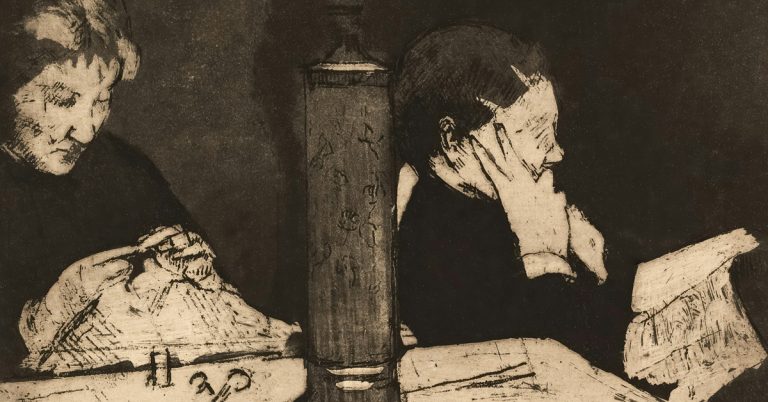
1. Palestine and Genocide
From Journal of Holy Land and Palestine Studies, Professor Martin Shaw revisits his earlier article “Palestine in an International Historical Perspective on Genocide” and reviews the responses to in this new article “Palestine and Genocide”
He points out that the reaction to the original article, whilst showing the possibility of serious debate among scholars, also shows how political interests trump intellectual coherence in academic circles when it comes to the issue of Israel and Palestine.
The analytical core of the argument relating to 1948, which the author feels was mostly neglected by the responses, is restated in this article. This emphasises Palestine’s unique combination of elements that were parts of the general patterns implicated in genocide production.
The article also examines the perspective of the genocide question during the subsequent six and half decades of the Israel-Palestine conflict.
You can read the full article HERE http://www.euppublishing.com/doi/pdfplus/10.3366/hls.2013.0056
2. Brainwashing in British Spy Dramas of the 1960s
This article from Journal of British Cinema and Television by Alan Burton examines the various political, scientific and cultural contexts of brainwashing in British spy dramas during the 1960s and 1970s. Various films and televisions dramas are considered, such as The Mind Benders and Man in a Suitcase.
During the Cold War period, many anxieties were raised surrounding thought-control and brainwashing. This article gives attention to the scientific background of brainwashing, and to the significance of various spy scandals, treasons and treacheries as a distinct context to the appearance of brainwashing in British spy films and dramas of the time.
You can read the full article HERE http://www.euppublishing.com/doi/pdfplus/10.3366/jbctv.2013.0120
3. Introduction – Queering the issue
In this article covering the special issue of the Irish University Review “Queering the Issue”, Anne Mulhall examines various contributors’ theories and works.
These include Eve Sedgwick, from whose work Queer Theory was “born”, and Elizabeth Freeman, whose focus of thinking of queer history in terms of bliss as well as trauma resonates with scholars working in the field of Irish studies.
Noreen Giffney’s 2007 essay “Quare Theory” or Queer Theory is perhaps cited more than any other in Queering the Issue. This piece describes the way Queer Theory in Ireland developed alongside Feminist and Lesbian studies in a specific space and place.
The article examines, in terms of the different encompassing fields that they address, how Irish Queer Studies is different from a Queer Theory that has its base in Ireland.
You can read the full article HERE http://www.euppublishing.com/doi/pdfplus/10.3366/iur.2013.0053
4. What factors influence the decision to support Scottish Independence?
This article from Scottish Affairs examines the importance of understanding the variety of public attitudes that influenced support for Scottish independence.
It also delves into lesser known areas, such as those relating to wealth and social inequality, taxation and income redistribution. Using data from the Scottish Social Attitudes Survey, the support for independence over time was empirically analysed.
Party identification and attitude towards the government’s role in income redistribution are also suggested as becoming more important for Scottish independence support.
You can read the full article HERE http://euppublishingblog.com/2015/01/09/what-factors-influence-the-decision-to-support-scottish-independence/




